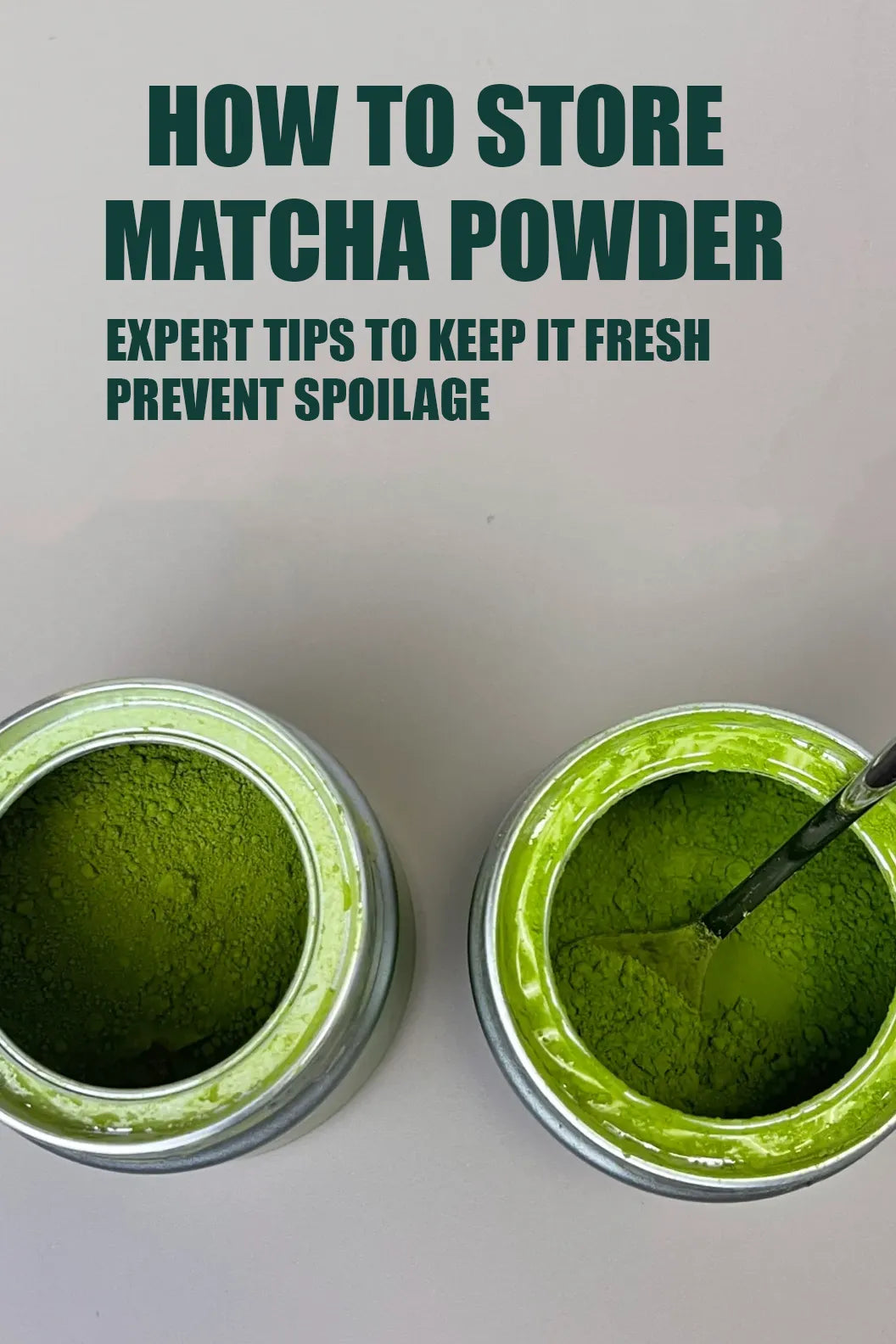Explore the truth about matcha’s caffeine and how to enjoy it before bed without losing sleep.
What Makes Matcha Different from Coffee or Green Tea?
Matcha is a finely ground powder made from green tea leaves, and naturally contains 30–50mg of caffeine per gram, about half the amount in a typical cup of coffee (80–100mg). However, matcha is unique in that it also contains L-theanine, an amino acid that promotes relaxation without drowsiness.
✅ Learn more about what makes matcha so special in our full guide: Matcha Tea Benefits – Leafmill
Matcha’s “Calm Alertness” Effect
While caffeine blocks adenosine (a neurotransmitter that induces sleepiness), L-theanine counterbalances this by increasing GABA and dopamine levels in the brain. According to the American Journal of Clinical Nutrition, this synergy creates a “calm alertness” effect: focused but not jittery, making matcha ideal even for evening rituals.
Will Matcha Keep You Awake? It Depends.
Caffeine Half-Life & Timing Matters
Caffeine’s half-life is 3–5 hours, meaning it stays in your system for up to 8+ hours. One study from the Journal of Clinical Sleep Medicine showed that consuming caffeine even 6 hours before bedtime can reduce sleep time by over an hour.
|
Bedtime |
Latest Matcha Time |
|---|---|
|
10:00 PM |
4:00–6:00 PM |
|
11:00 PM |
5:00–7:00 PM |
|
12:00 AM |
6:00–8:00 PM |
Who Should Be Careful with Matcha at Night?
1. People with Caffeine Sensitivity
Roughly 10–15% of the population are slow metabolizers of caffeine. If you often feel “wired” at night or wake frequently, limit your intake after 4 PM or opt for decaf matcha.
2. Serving Size Matters
Standard matcha servings range from 1–2 grams (½–1 tsp). At night, stick with ½ tsp (about 15–25mg caffeine).
3. Pregnant Women & Children
-
Pregnant women: Limit caffeine to under 200mg/day. One gram of matcha (~35mg caffeine) is safe if consumed before 4 PM.
-
Children: Safe caffeine limit is 2.5mg/kg of body weight. A ¼ tsp matcha serving is usually fine for children over 12, earlier in the day.
Tips for Drinking Matcha at Night (Without Losing Sleep)
✅ Use these strategies to enjoy matcha as a soothing nighttime drink:
-
Choose ceremonial-grade matcha
First harvest, shade-grown tea leaves are higher in L-theanine and lower in caffeine.
👉 Try our Leafmill Ceremonial-Grade Matcha — perfect for evening sipping.
-
Use lower water temperatures
Brew matcha at 60–70°C (140–158°F) to preserve L-theanine. Avoid boiling water.
-
Add sleep-friendly ingredients
Try mixing matcha with oat milk and a splash of tart cherry juice (natural melatonin) or a pinch of magnesium-rich cinnamon.
-
Establish a bedtime ritual
Sipping matcha slowly while practicing mindfulness or journaling signals your body to relax. Make it part of your evening wind-down routine.
FAQ: Matcha and Sleep
Q: How does matcha compare to green tea or coffee?
A: Matcha contains more caffeine than green tea, but thanks to its L-theanine content, it’s less likely to cause jitters than coffee. One gram offers 30–50mg caffeine and 20–30mg L-theanine.
Q: What’s the best matcha to drink at night?
A: Look for “first harvest” ceremonial-grade matcha. Avoid culinary grade or blends with older leaves.
Q: Can I mix matcha with other teas?
A: Yes! Blend with decaf chamomile or lavender tea for calming nighttime lattes.
Q: Is there decaf matcha?
A: Yes—our Decaf Matcha uses CO₂ processing to remove 98% of caffeine while preserving its flavor and nutrients. Try Decaf Matcha →
Final Verdict: Matcha Before Bed? Yes—With the Right Approach
Matcha doesn’t need to be off-limits at night. Its unique combination of caffeine and L-theanine makes it ideal for focus and calm energy, even after sunset—if you manage timing and dosage correctly.
💡 Pro Tip: If you’re new to matcha, start with a morning serving to test your caffeine response. Then, experiment with nighttime matcha using our Evening Calm Blend—specially formulated for nighttime sipping.
👉 Shop our ceremonial-grade collection



